Upcycling Alchemy: Introducing Kemet Apparel
Born in the heart of the Vaal Triangle, this South African label, Kemet Apparel, is a movement rooted in memory, history and forward-thinking design.
Founded in 2018 by long-time friends and creative collaborators Sipho Mnune and Michael Cindi, Kemet Apparel began with a simple yet revolutionary intent: to create clothing that reflected their identities, beliefs and dreams in a world where fast fashion reigned supreme. Unable to find pieces they connected with in mainstream stores, and working within tight financial means, the duo chose to create their own path—literally cutting, stitching and building garments from scratch with the tools and knowledge passed down by their families.
“We started designing clothes for ourselves because we couldn’t find what we wanted. That’s when we realized—we weren’t just making clothes, we were making statements,” says Sipho.
Raised in a home shaped by a mother who was a designer and fabric specialist, Sipho absorbed the art of garment construction from a young age. Meanwhile, Michael’s fashion sense was honed by his grandmother’s flair for styling, a consistent display of elegance that left an indelible impression. Together, they are embedding their Zulu and Xhosa heritage into each piece with distinctive zig-zag stitches that celebrate a deep cultural fusion.
KEMET stands for ‘Kreative Entrepreneurs Making Exclusive Threads’, but its roots dig much deeper. The name was inspired by an ancient African civilization—Kemet, known to many as the architects of Egypt’s great pyramids. This connection to a civilization that was innovative and African to its core, felt like a natural alignment to the founders. By adopting this name, the duo positioned themselves as the modern-day builders of something equally timeless.
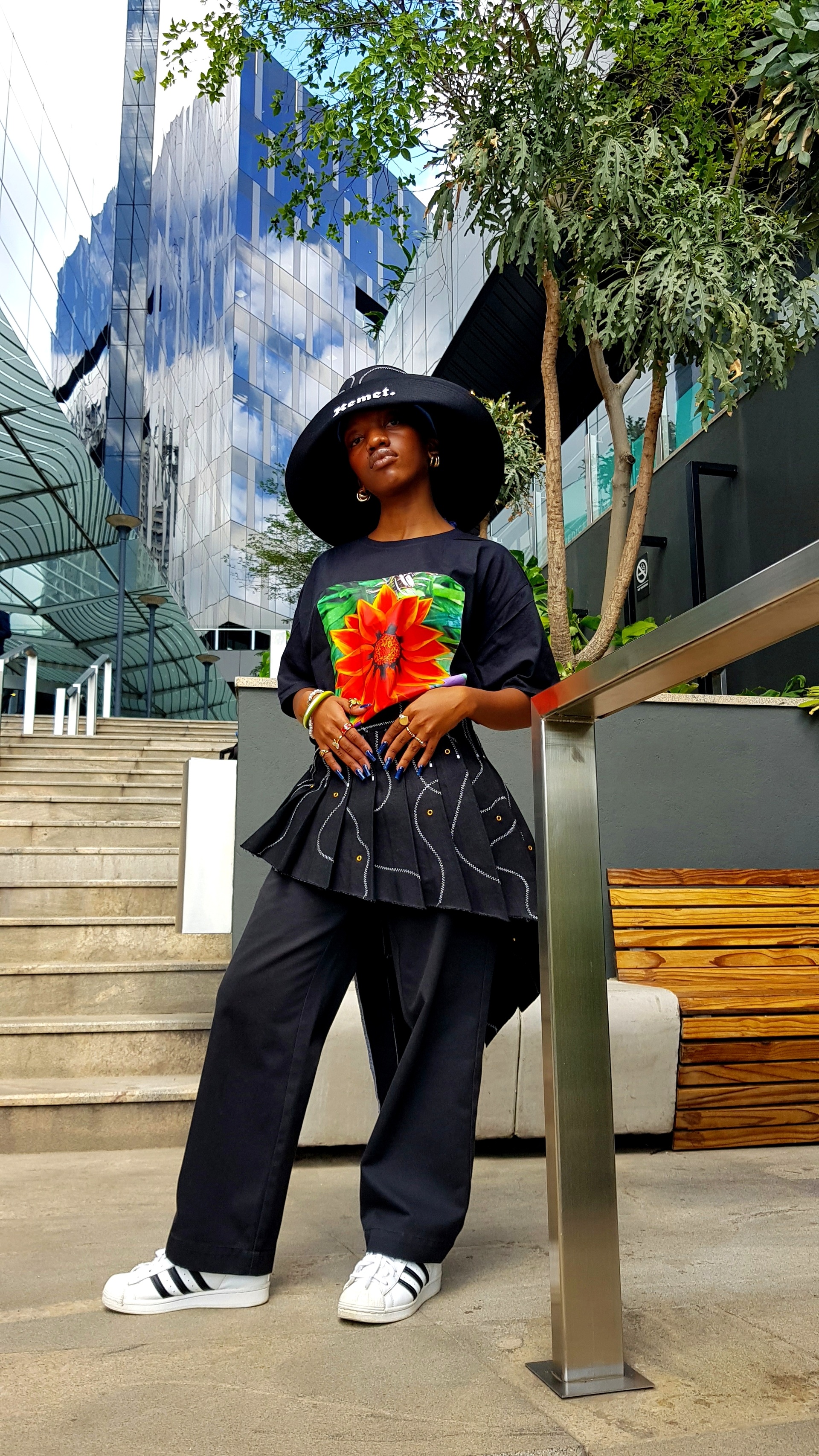
All imagery courtesy of Kemet Apparel
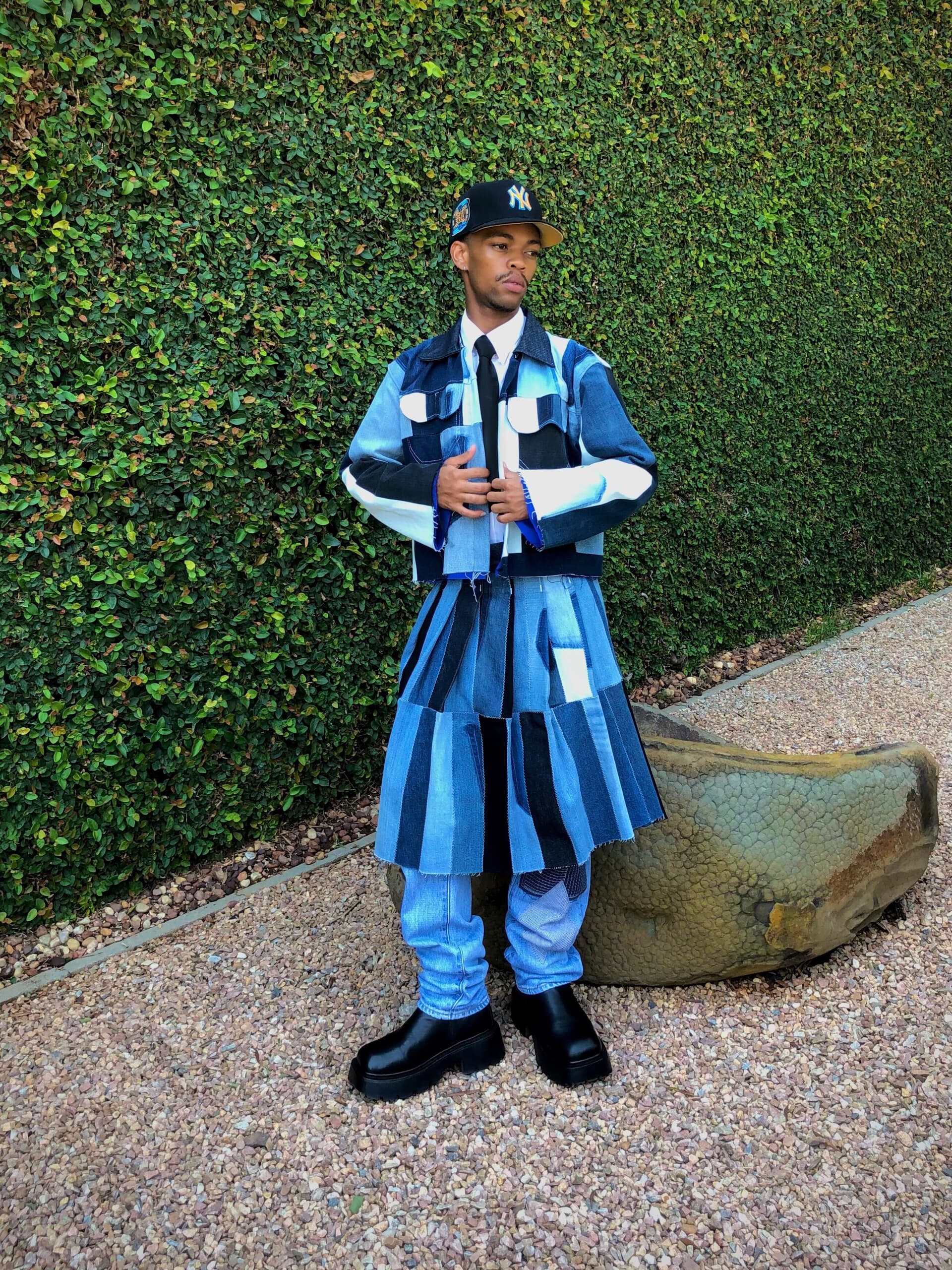
One of Kemet’s most powerful moments came with the transformation of a 25-year-old pair of Levi’s jeans, a family heirloom, into a unique bucket hat. It wasn’t just resourceful, it was symbolic. The act of unpicking, repurposing, and recreating the denim into something fresh marked their conscious commitment to upcycling. “We realized that if a piece of clothing can be passed down for generations, then what we create now must also be made to last.”
That ethos runs through all their creations. Whether they’re merging contrasting tones of denim or embellishing garments with vibrant cultural stitching, every decision is intentional. Kemet Apparel’s commitment to sustainability recently earned them recognition from the very brand they once upcycled—Levi’s Strauss—who invited them to their Cape Town factory. There, they witnessed firsthand the global standards required for quality, longevity, and circularity in fashion.
At the same time, their appearance at Twyg’s Africa Textile Talks 2025 proved a turning point. Engaging in urgent conversations about fashion’s environmental impact, the duo walked away energized, informed, and deeply inspired by one key takeaway: collaboration is essential. “We realized it’s not circular if it’s not a circle. To truly make an impact, we need to work together.”
Sipho and Michael have also taken on the role of educators, spreading awareness of the dangers posed by fast fashion—particularly in communities new to the language of sustainability.mTheir approach is inclusive, accessible, and deeply human. Whether breaking down complex issues like climate change and textile waste or simply showing someone how an old shirt can become something new, they’re changing the narrative.
“Sometimes someone just loves a piece and doesn’t know the story behind it. When they find out it’s upcycled—it changes how they see fashion altogether.”
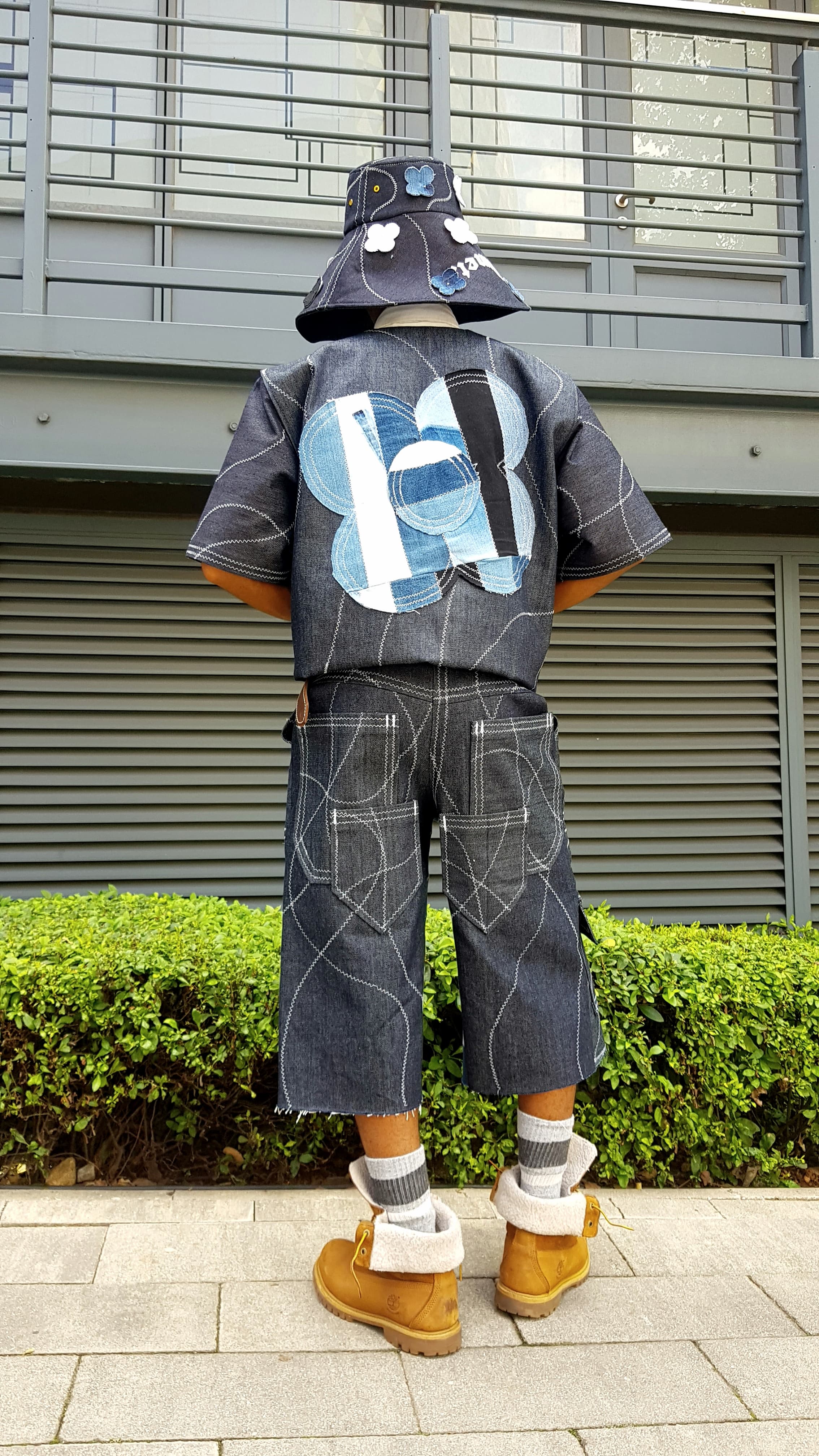
All imagery courtesy of Kemet Apparel
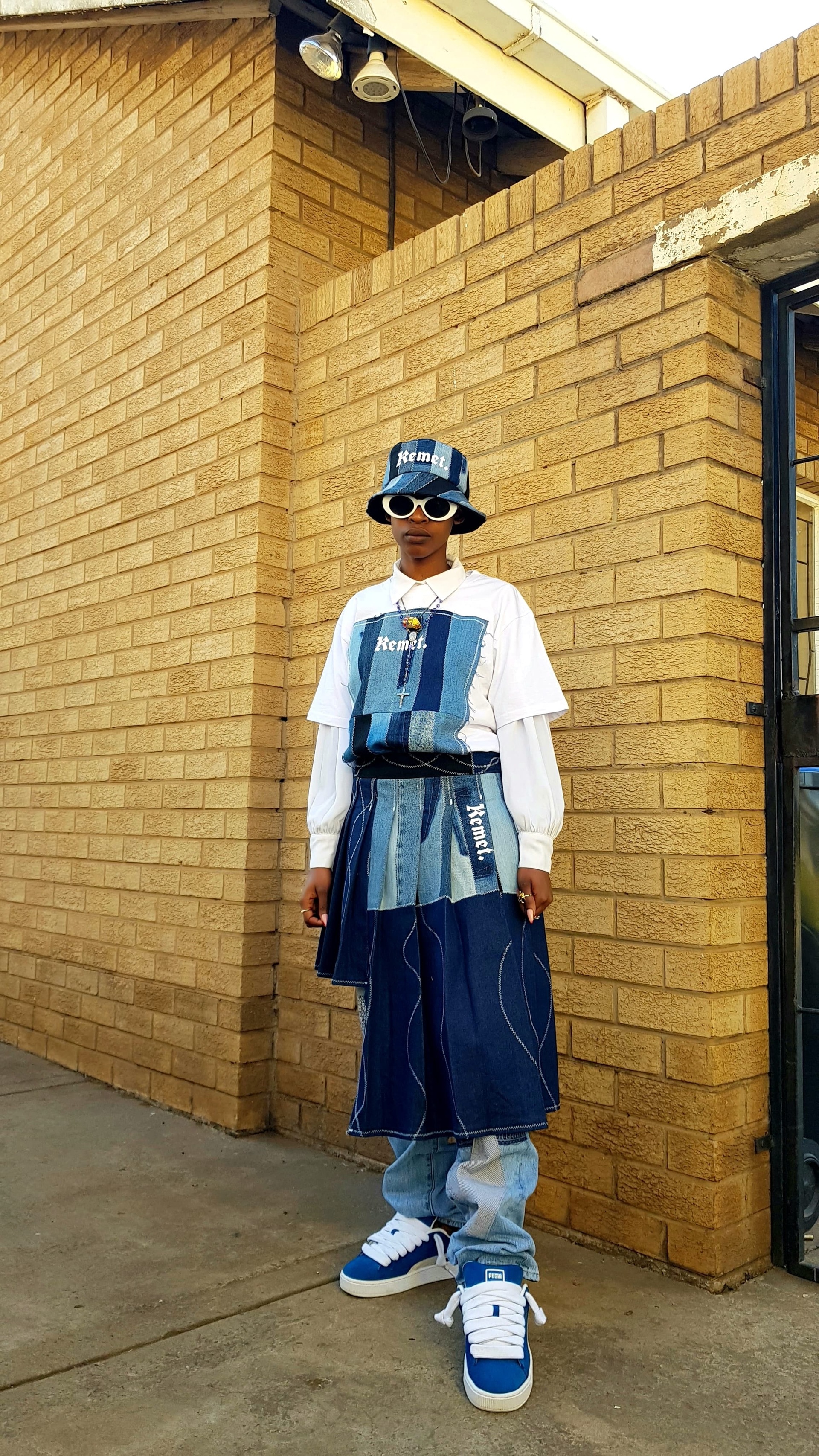
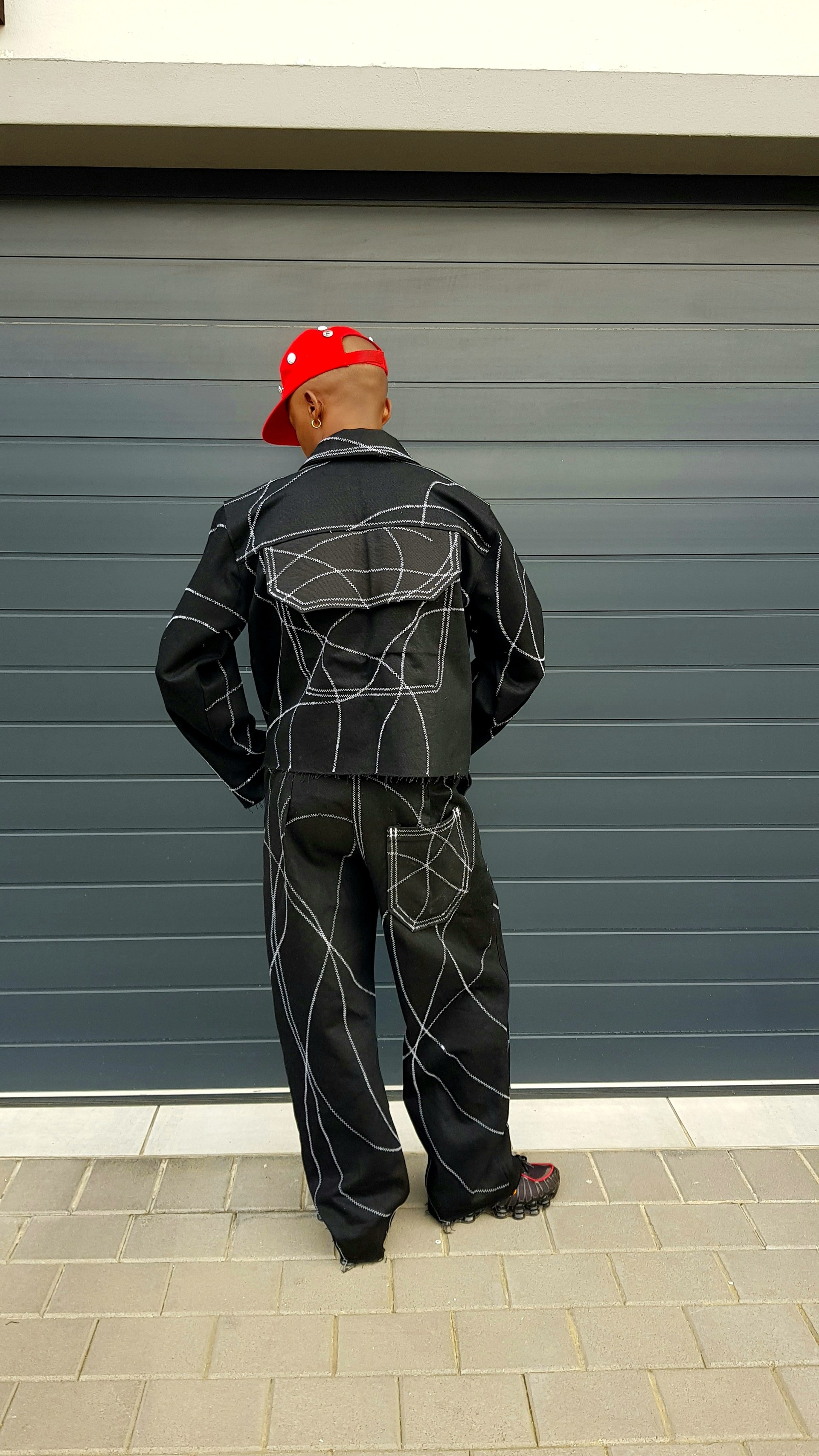
Currently, Kemet Apparel is preparing to launch a deeply personal Spring/Summer collection titled “Virginia”, named in honor of Sipho’s late mother—whose early guidance continues to shape the label’s DNA. This collection promises boundary-pushing creativity while paying homage to the values that started it all.
Looking ahead, the team is exploring retail partnerships with major names like Mr Price and H&M, along with potential collaborations with local sustainability champions including Rethread, Broke, Blondmilk and Levi’s.
They’re also gearing up for pop-up events in Johannesburg and Cape Town this November, aiming to create spaces where style meets dialogue, where communities can come together to share and celebrate fashion with meaning.
By 2026, they plan to open Kemet Apparel’s first official retail store.
In their threads lie stories of mothers, grandmothers, old jeans and a shared determination to create a world where style and sustainability exist as one.
For more news, visit the Connect Everything Collective homepage www.ceconline.co.za

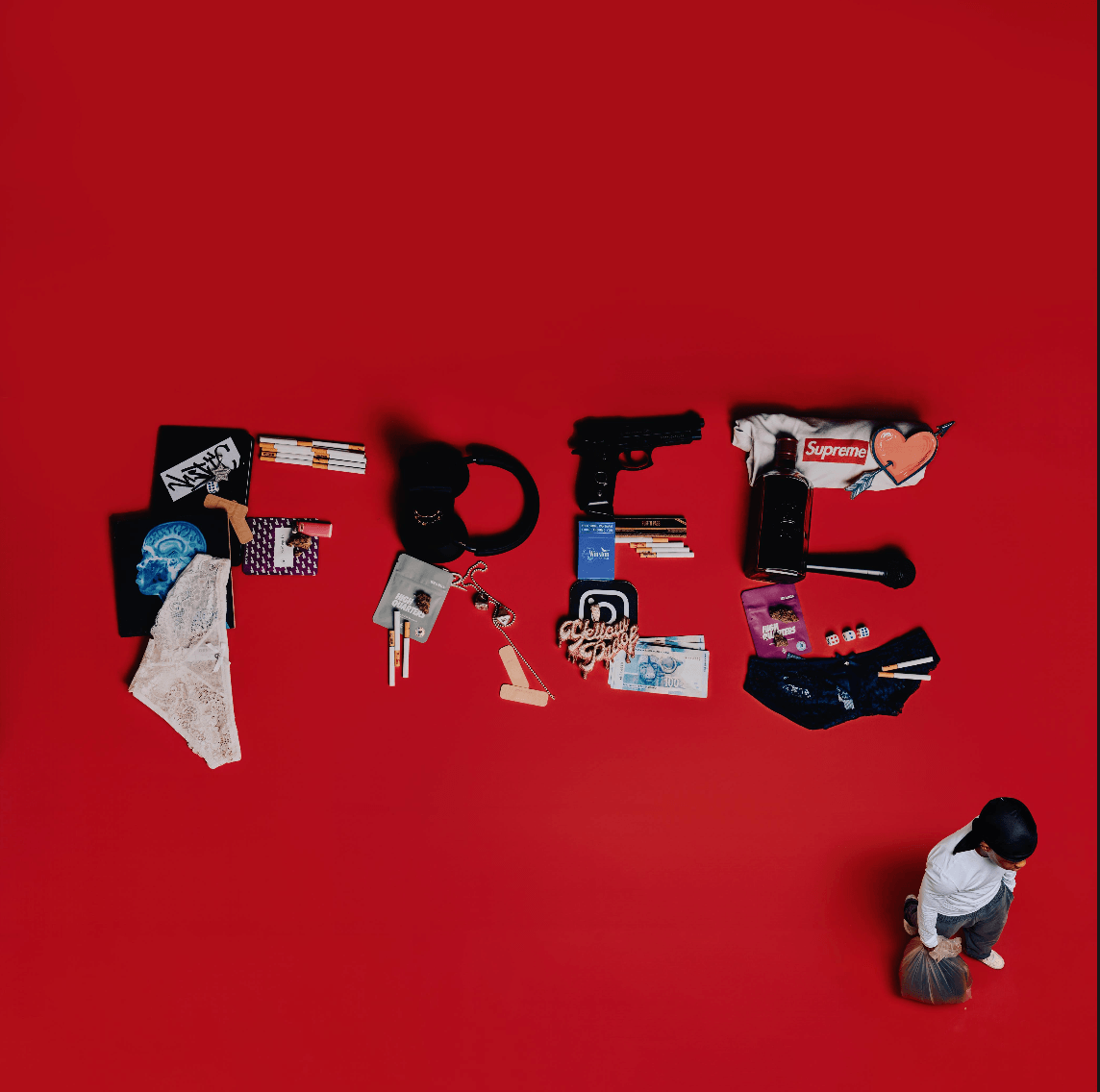
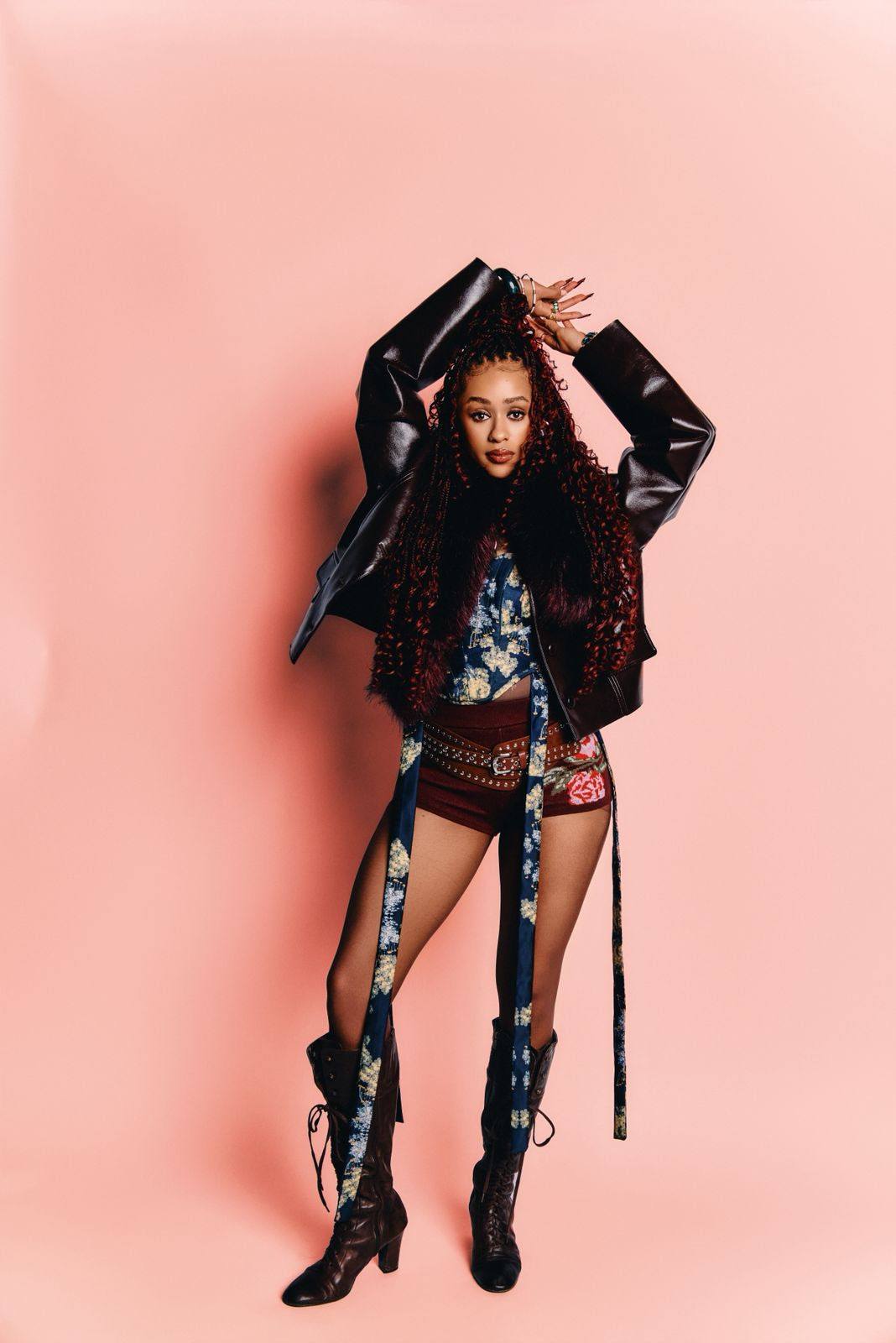
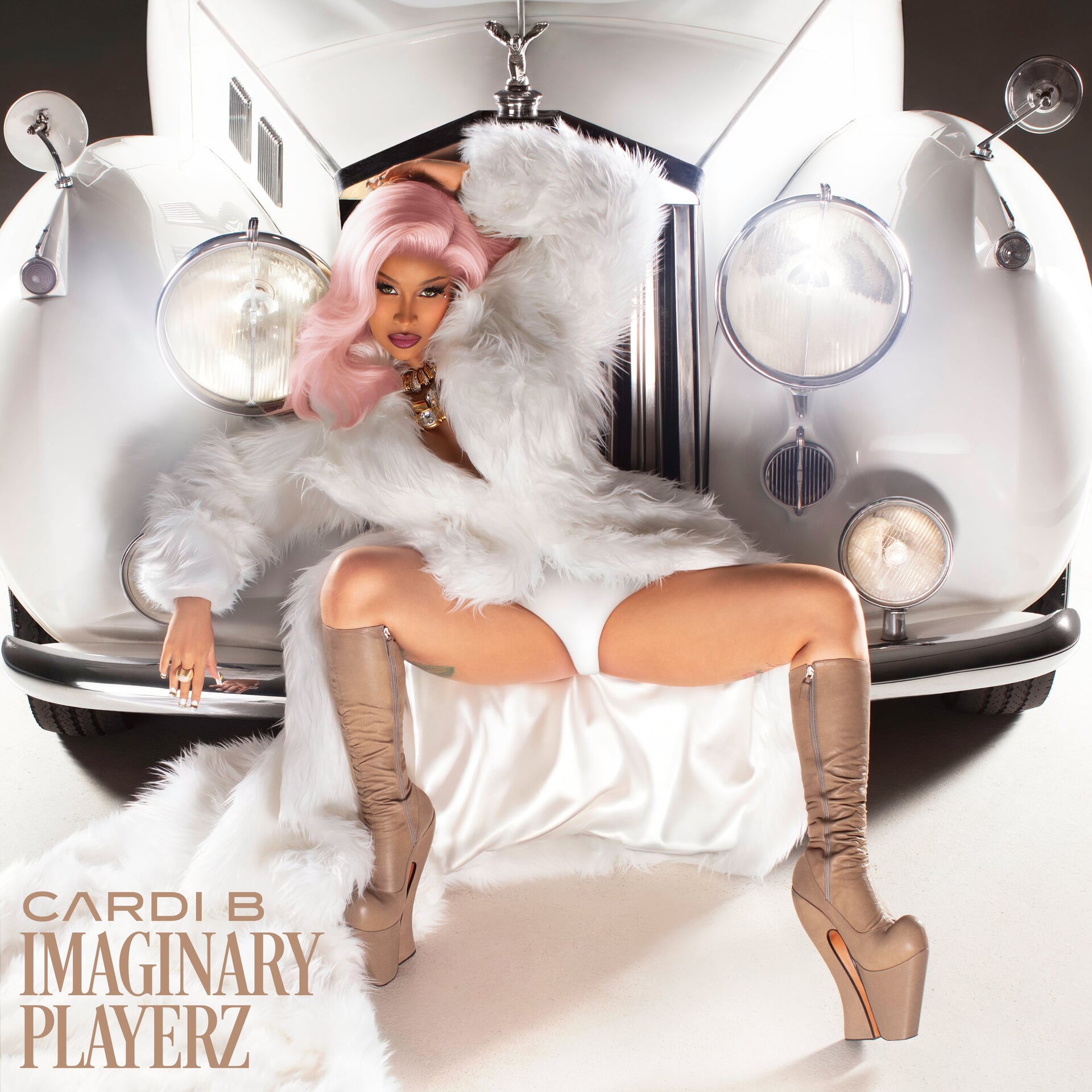

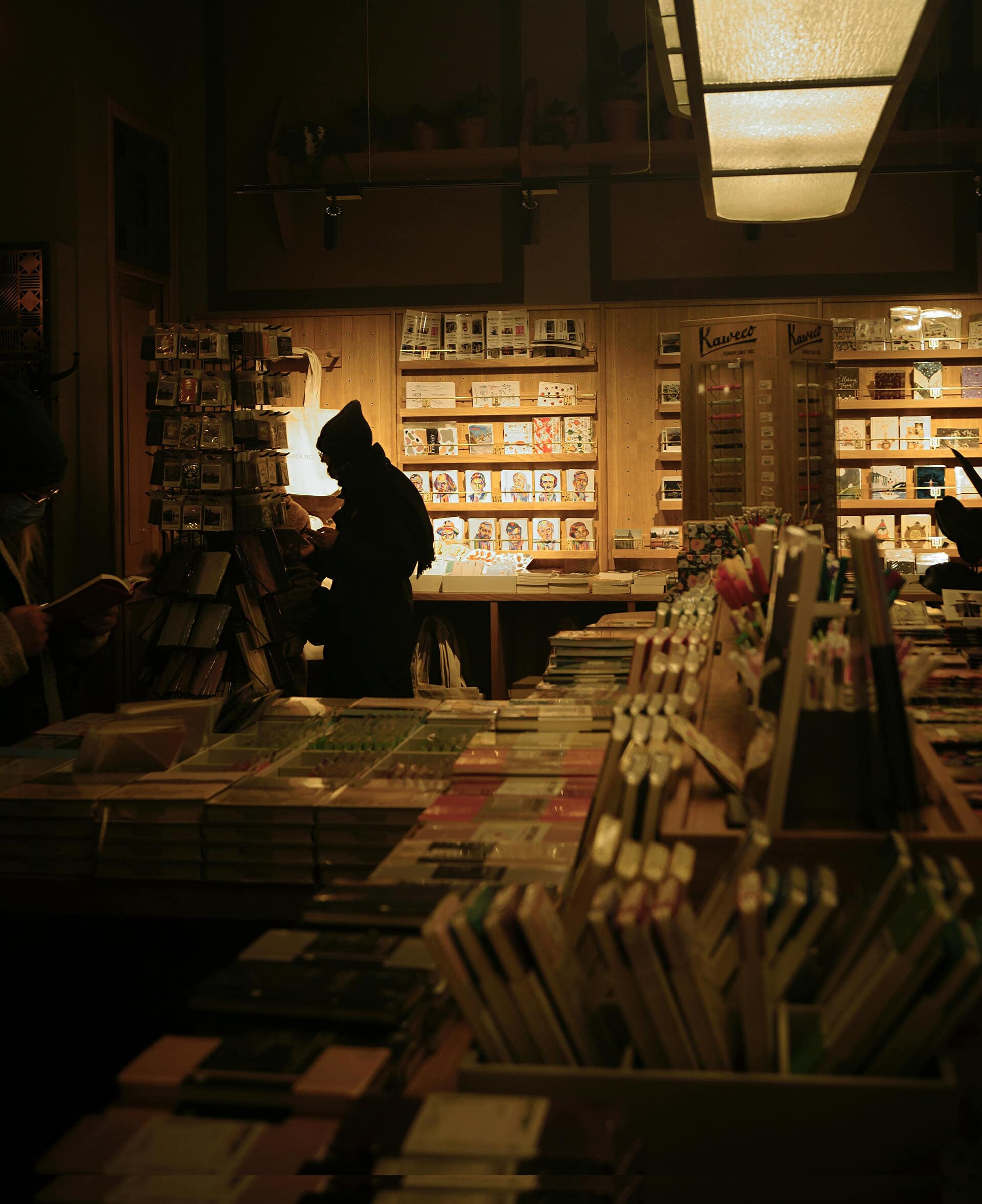
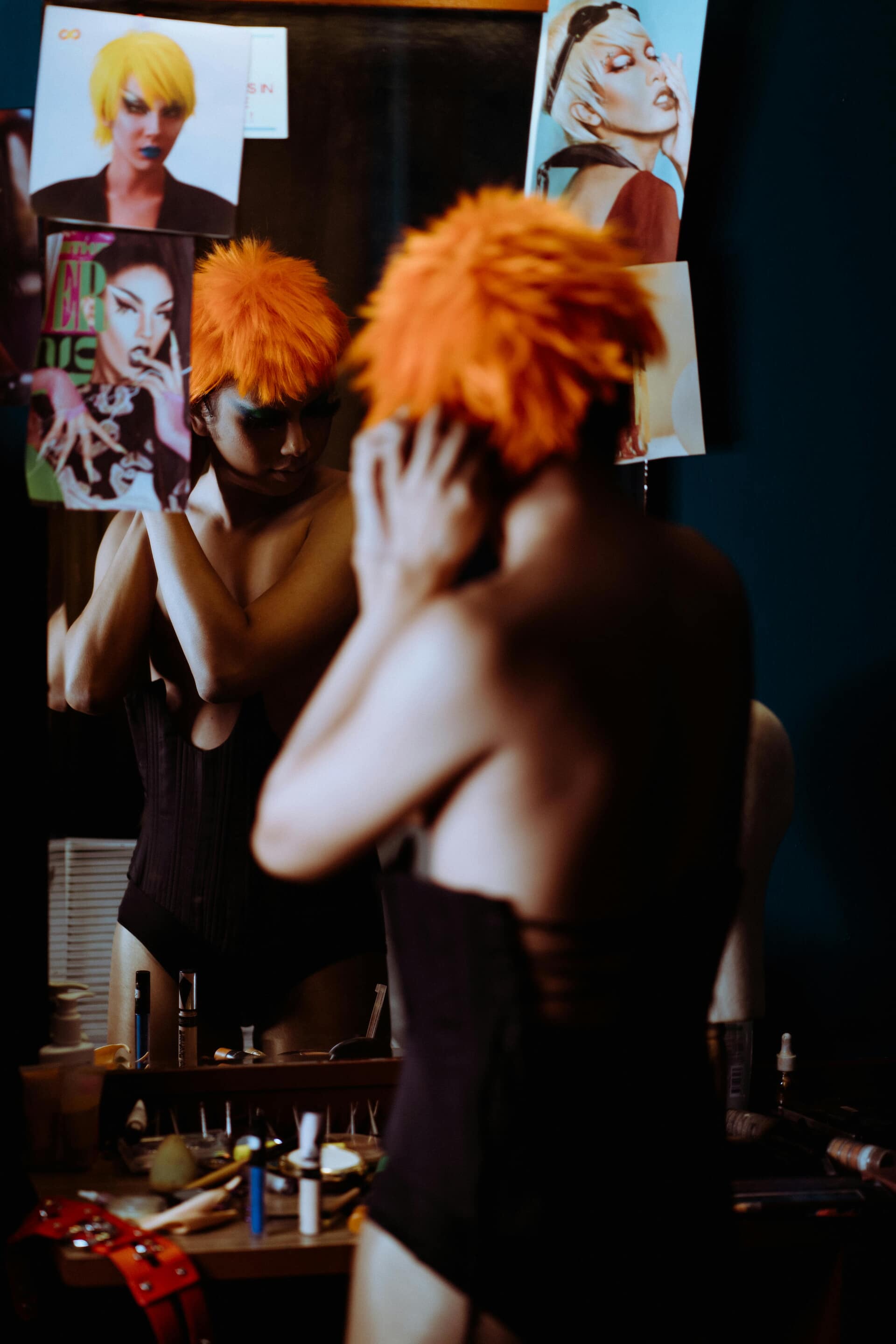
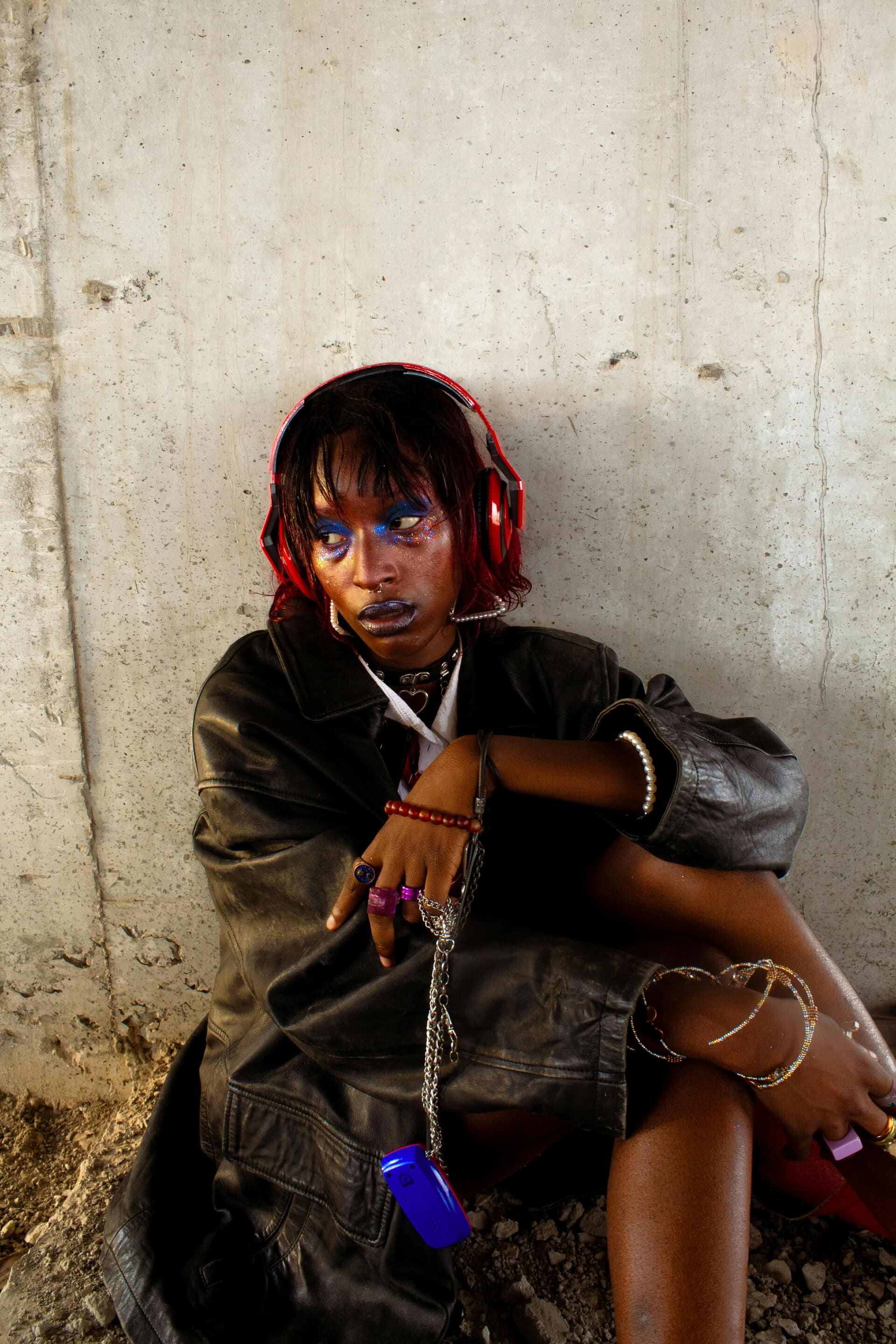

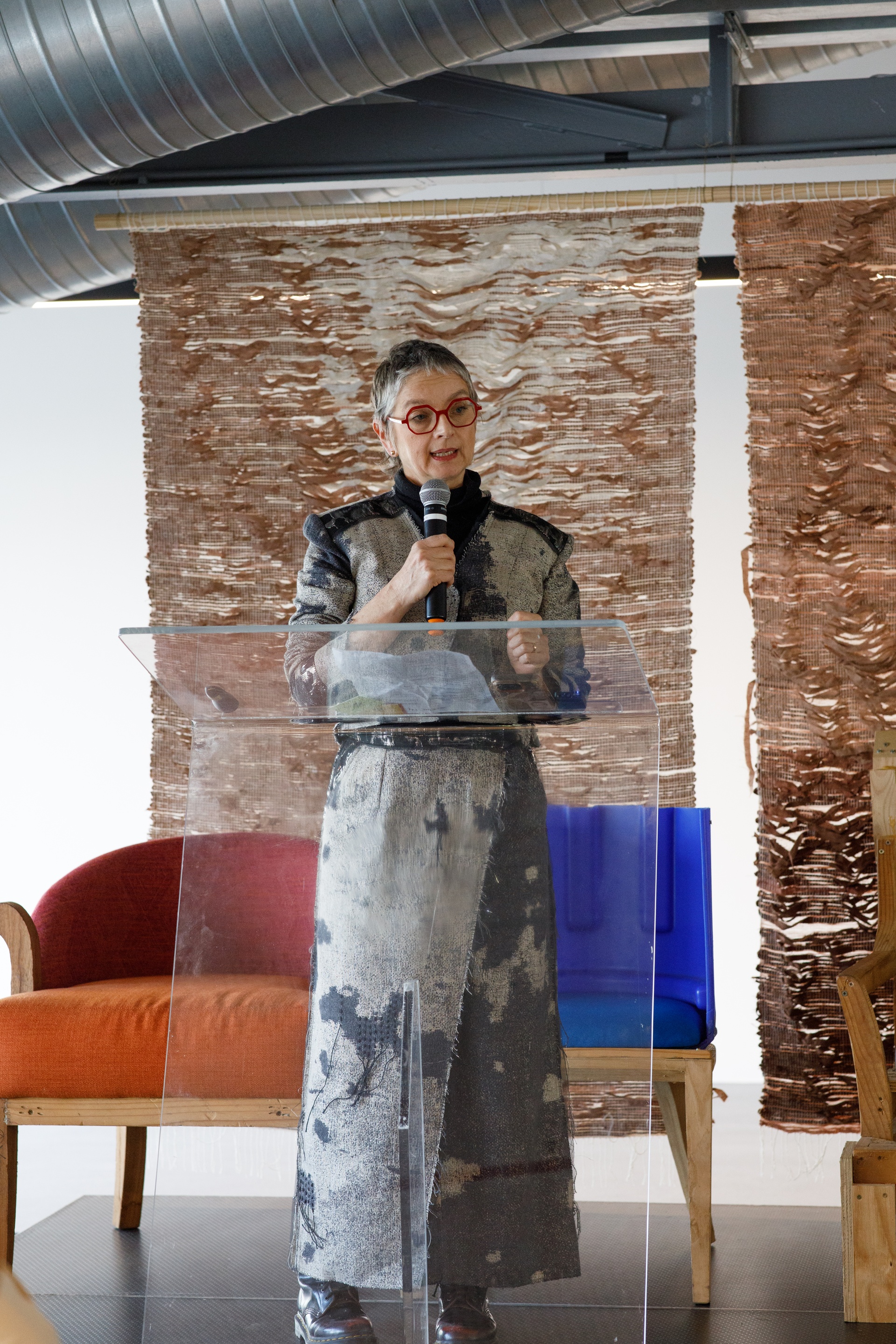
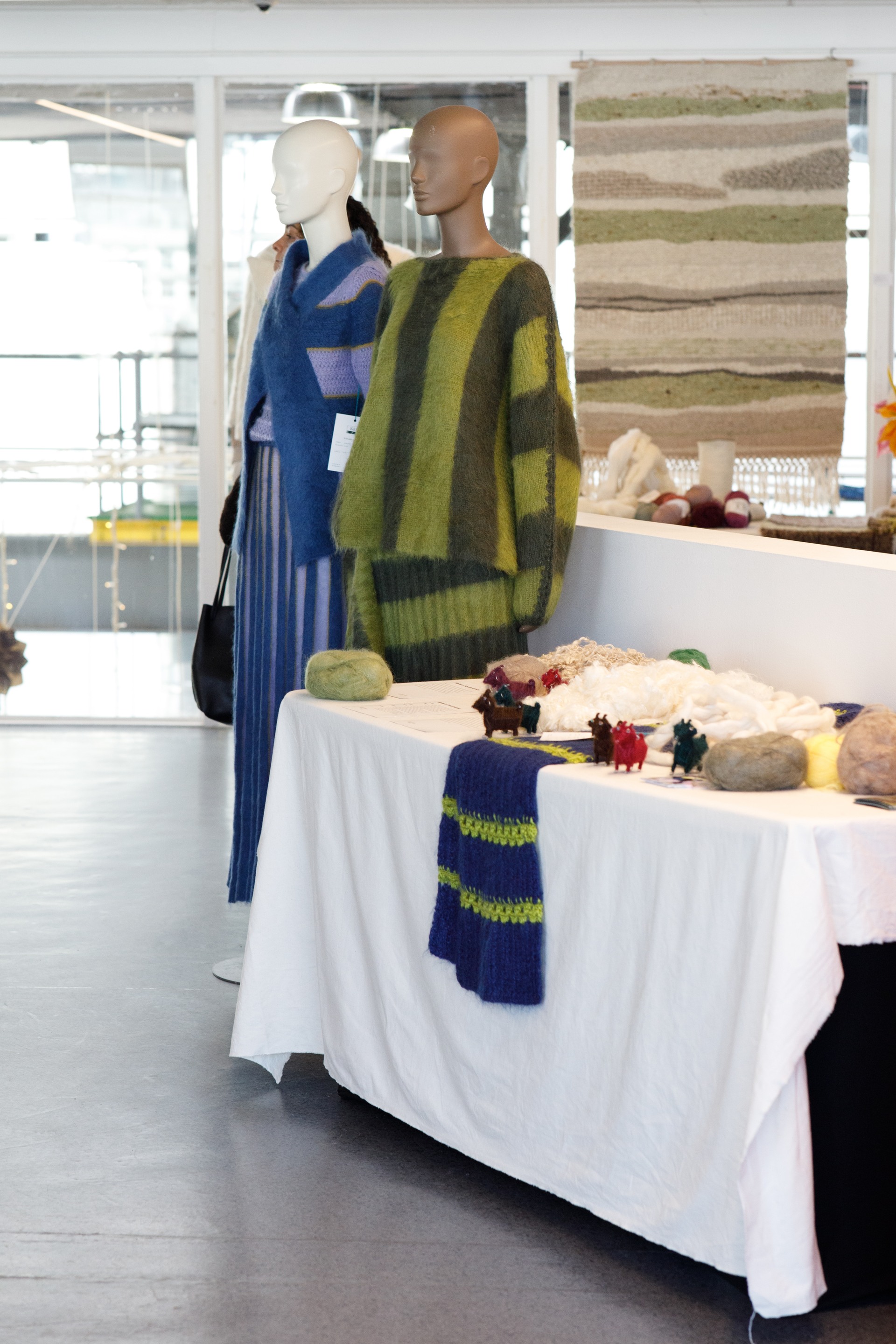



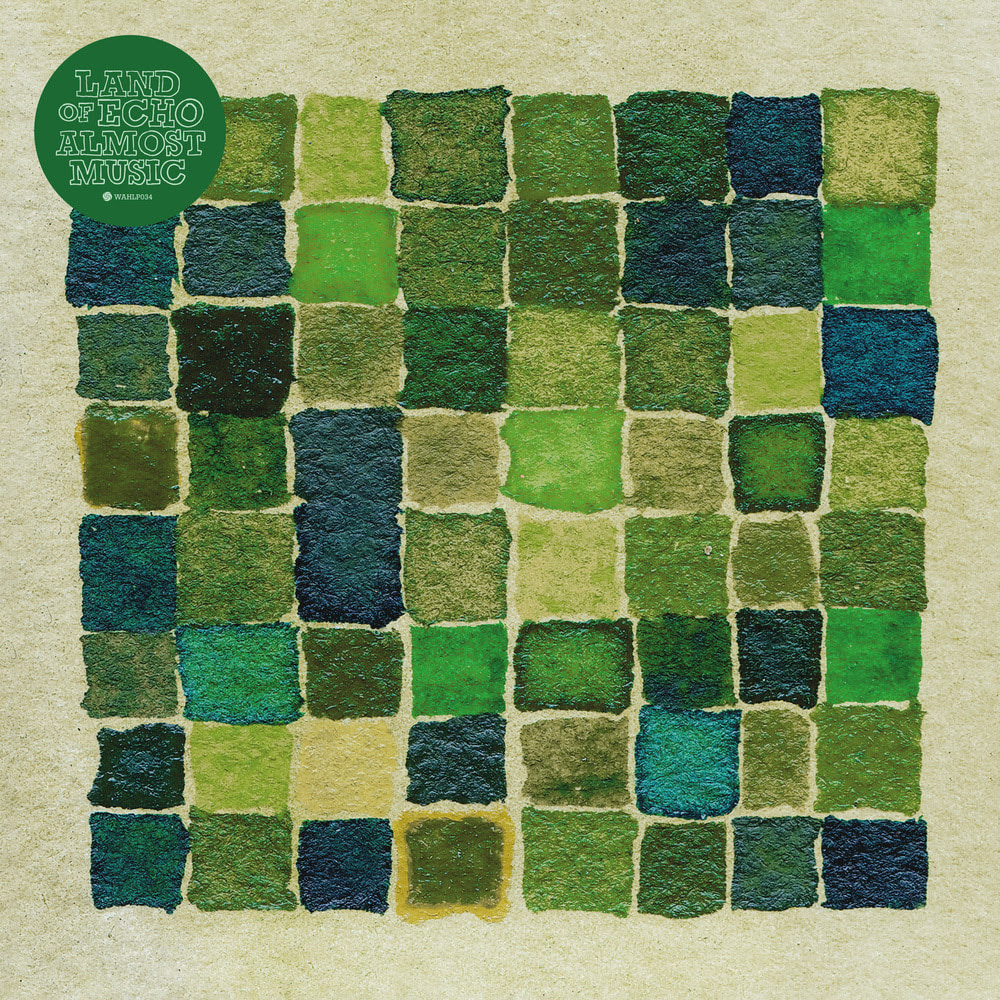


Recent Comments